Currently Empty: ₦0.00
Sunhome Cordyceps Sinensis Tea
- Anti-Aging Properties.
- Anti-Tumor Effects.
- Reduce Inflammation.
- Improves Athletic Performance.
- Benefits Heart Health.
- Help Manage Diabetes.
₦16,920.00
Product Description
Sunhome Cordyceps Sinensis Tea
Cordyceps might improve immunity by stimulating cells and specific chemicals in the immune system. It might also help fight cancer cells and shrink tumor size, particularly with lung or skin cancers.
Cordyceps are thought to increase the body’s production of the molecule adenosine triphosphate (ATP), which is essential for delivering energy to the muscles.
This may improve the way your body uses oxygen, especially during exercise (1Trusted Source, 2).
In one study, researchers tested their effects on exercise capacity in 30 healthy older adults using a stationary bike. Participants received either 3 grams per day of a synthetic strain of Cordyceps called CS-4 or a placebo pill for six weeks.
By the end of the study, VO2 max had increased by 7% in participants who had taken CS-4, while participants given the placebo pill showed no change (3).
VO2 max is a measurement used to determine fitness level (4Trusted Source).
In a similar study, 20 healthy older adults received either 1 gram of CS-4 or a placebo pill for 12 weeks (5Trusted Source).
While researchers found no change in VO2 max in either group, participants given CS-4 improved other measures of exercise performance.
One study also tested the effects of a Cordyceps-containing mushroom blend on exercise performance in younger adults (6Trusted Source).
After three weeks, participants’ VO2 max had increased by 11%, compared to a placebo.
However, the current research suggests Cordyceps are not effective at improving exercise performance in trained athletes (7Trusted Source, 8).
The elderly have traditionally used Cordyceps to reduce fatigue and boost strength and sex drive.
Researchers believe their antioxidant content may explain their anti-aging potential (9Trusted Source).
Several studies have found that Cordyceps increase antioxidants in aged mice, helping improve memory and sexual function (10Trusted Source, 11Trusted Source, 12Trusted Source).
Antioxidants are molecules that fight cell damage by neutralizing free radicals, which can otherwise contribute to disease and aging (13Trusted Source, 14Trusted Source, 15Trusted Source).
One study found that mice that given Cordyceps lived several months longer than mice given a placebo (16).
Another study found that Cordyceps extended the lives of fruit flies, further supporting the belief that they have anti-aging benefits (17Trusted Source).
However, it’s unknown if Cordyceps have these same anti-aging benefits in humans.
Cordyceps’ potential to slow the growth of tumors has generated significant interest in recent years.
Researchers believe the fungi may exert anti-tumor effects in several ways.
In test-tube studies, Cordyceps have been shown to inhibit the growth of many types of human cancer cells, including lung, colon, skin and liver cancers (18Trusted Source, 19Trusted Source, 20Trusted Source, 21Trusted Source).
Studies in mice have also shown that Cordyceps have anti-tumor effects on lymphoma, melanoma and lung cancer (22Trusted Source, 23Trusted Source, 24Trusted Source, 25Trusted Source).
Cordyceps may also reverse the side effects associated with many forms of cancer therapy. One of these side effects is leukopenia.
Not to be confused with the cancer leukemia, leukopenia is a condition in which the number of white blood cells (leukocytes) decreases, lowering the body’s defenses and increasing the risk of infection (26Trusted Source).
One study tested the effects of Cordyceps on mice that developed leukopenia after radiation and treatments with Taxol, a common chemotherapy drug (27Trusted Source).
Interestingly, Cordyceps reversed the leukopenia. These results suggest the fungi may help reduce complications associated with some cancer treatments.
However, it’s important to note that these studies were performed in animals and test tubes, not humans.
The effects of Cordyceps on leukopenia and tumor growth in humans is unknown, so health experts can’t currently draw conclusions.
Cordyceps contain a special type of sugar that may help treat diabetes.
Diabetes is a disease in which the body either does not produce or respond to the hormone insulin, which normally transports the sugar glucose into your cells for energy.
When your body does not produce enough insulin or respond well to it, glucose cannot enter the cells, so it stays in the blood. Over time, having too much glucose in the blood can cause serious health problems.
Therefore, it’s important for people with diabetes to make sure their blood sugar levels are well controlled.
Interestingly, Cordyceps may keep blood sugar levels within a healthy range by mimicking the action of insulin.
In several studies in diabetic mice, Cordyceps have been shown to decrease blood sugar levels (28Trusted Source, 29Trusted Source, 30Trusted Source).
Some evidence suggests that they may also protect against kidney disease, a common complication of diabetes.
In a review of 22 studies including 1,746 people with chronic kidney disease, those who took Cordyceps supplements experienced improved kidney function (31Trusted Source).
However, these results aren’t conclusive. The authors of the review stated that many of the studies were low quality. Therefore, no conclusions could be made about the effects of Cordyceps on kidney function in humans with chronic kidney disease.
As research emerges on the effects of Cordyceps on heart health, the benefits of the fungi are becoming increasingly apparent.
In fact, Cordyceps are approved in China for the treatment of arrhythmia, a condition in which the heartbeat is too slow, too fast or irregular (32Trusted Source).
A study found that Cordyceps significantly reduced heart injuries in rats with chronic kidney disease. Injuries to the heart from chronic kidney disease are thought to increase the risk of heart failure, so reducing these injuries may help avoid this outcome (33Trusted Source).
The researchers attributed these findings to the adenosine content of Cordyceps. Adenosine is a naturally occurring compound that has heart-protective effects (34Trusted Source).
Cordyceps may also have a beneficial effect on cholesterol levels.
Animal research has shown that Cordyceps decrease “bad” LDL cholesterol (35Trusted Source, 36Trusted Source, 37).
LDL can raise your risk of heart disease by leading to the buildup of cholesterol in your arteries.
Similarly, Cordyceps have been shown to decrease triglyceride levels in mice (35Trusted Source).
Triglycerides are a type of fat found in your blood. High levels are linked to a greater risk of heart disease (38Trusted Source).
Unfortunately, there is insufficient evidence to determine whether Cordyceps benefit heart health in humans.
Cordyceps is said to help fight inflammation in the body.
Although some inflammation is good, too much can lead to diseases like heart disease and cancer.
Research has shown that when human cells are exposed to Cordyceps, special proteins that increase inflammation in the body become suppressed (39Trusted Source, 40Trusted Source, 41Trusted Source, 42Trusted Source).
Thanks to these potential effects, researchers believe Cordyceps may serve as a useful anti-inflammatory supplement or drug (42Trusted Source).
In fact, Cordyceps have been shown to reduce inflammation in the airways of mice, making them a potential therapy for asthma. However, the fungi appear to be less effective than commonly prescribed drugs used to provide relief for inflamed areas of the body (43Trusted Source).
Cordyceps may also have topical uses. One study found it reduced skin inflammation when applied topically in mice, further demonstrating its anti-inflammatory properties (44Trusted Source).
The potential inflammation-fighting properties of Cordyceps have yet to be observed in humans.
Benefits:
Relieving cough and resolving phlegm, antibacterial, immunomodulatory, anti-inflammatory, Nourish kidney, increase adrenocortical alcohol content, antiarrhythmia, antifatigue, expectorant and antiasthma, sedation and hypnosis.ing essence qi,
Ingredients: Cordyceps sinensis, Green tea.
How to Use: Put a teabag in a cup and fill it with 250ml of boiling hot water. Leave for 5 to 10 minutes as you gently shake the tea bag. Take out the tea bag and enjoy. Can be reused.
Net content: 40g (2g / bag x 20 bags)
Note: Infants, lactating and pregnant women should not consume.
Storage: Store in cool and dry place, free from direct sunlight.




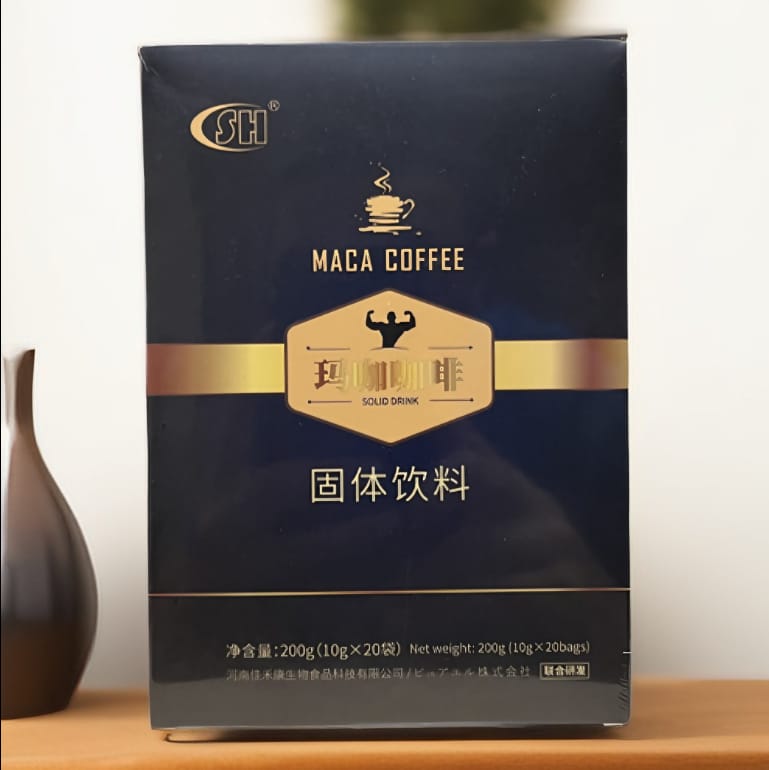


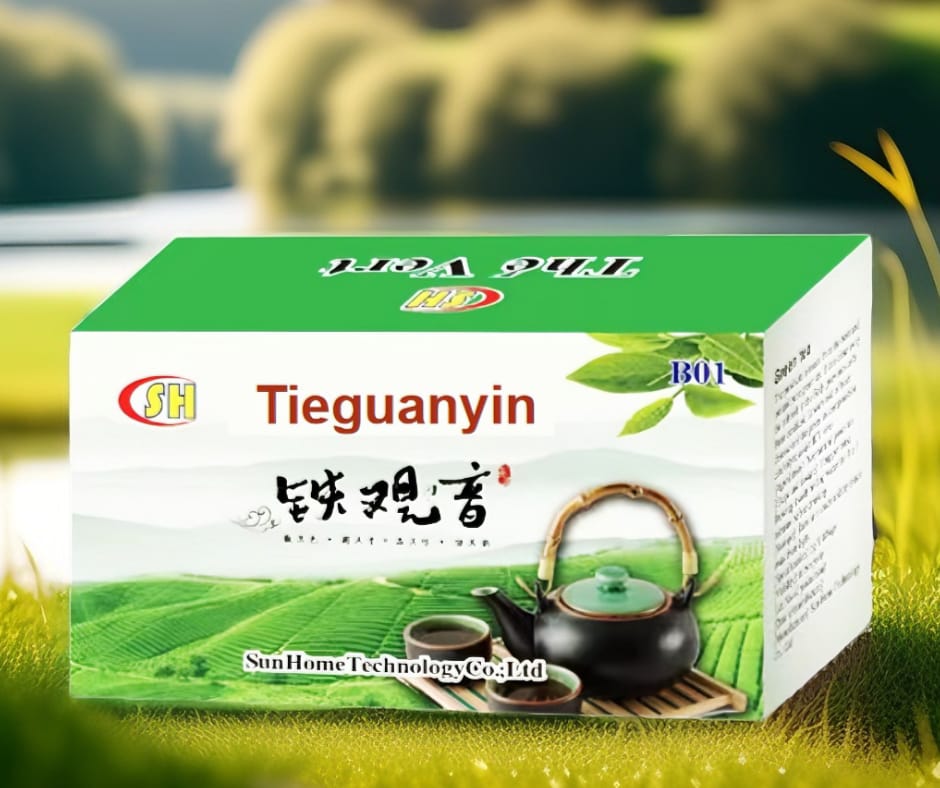
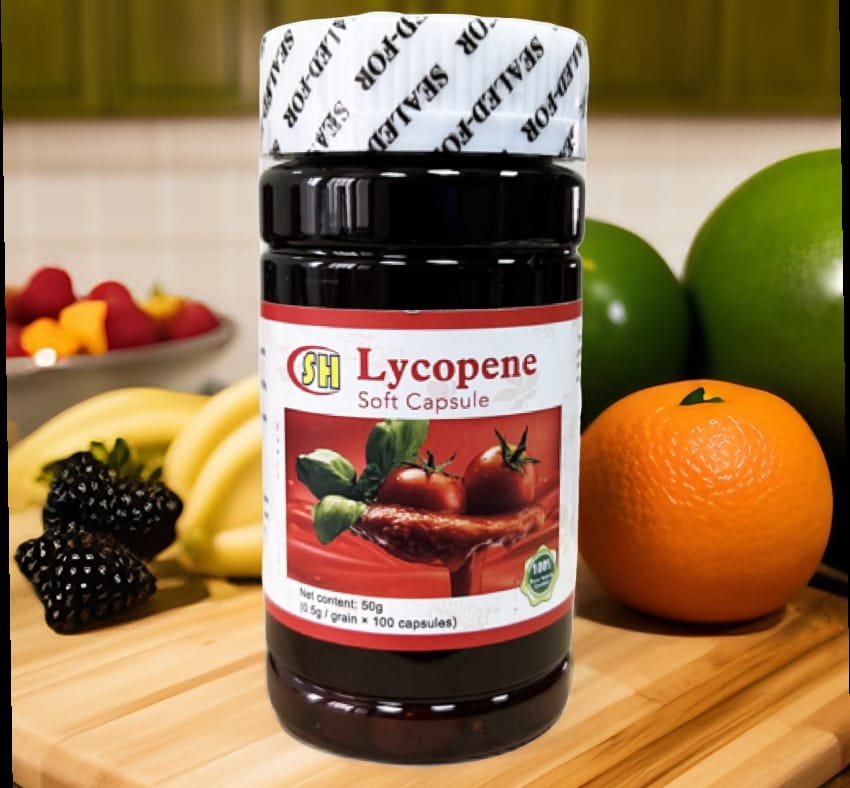

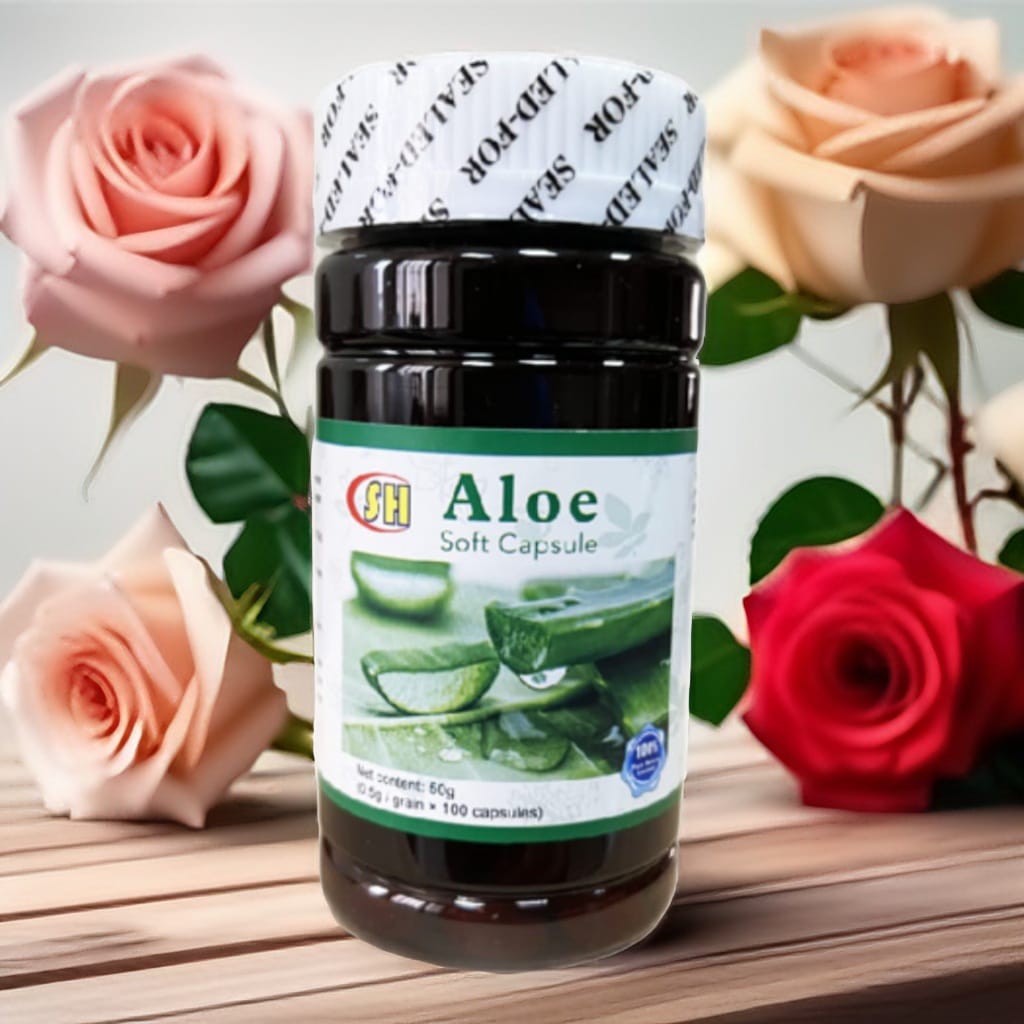
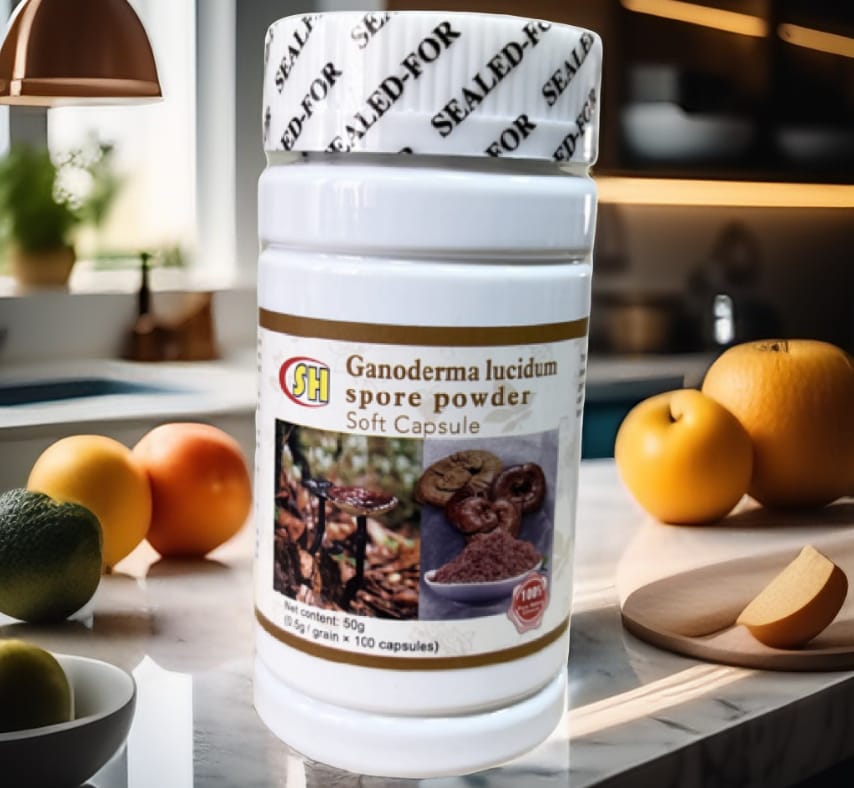
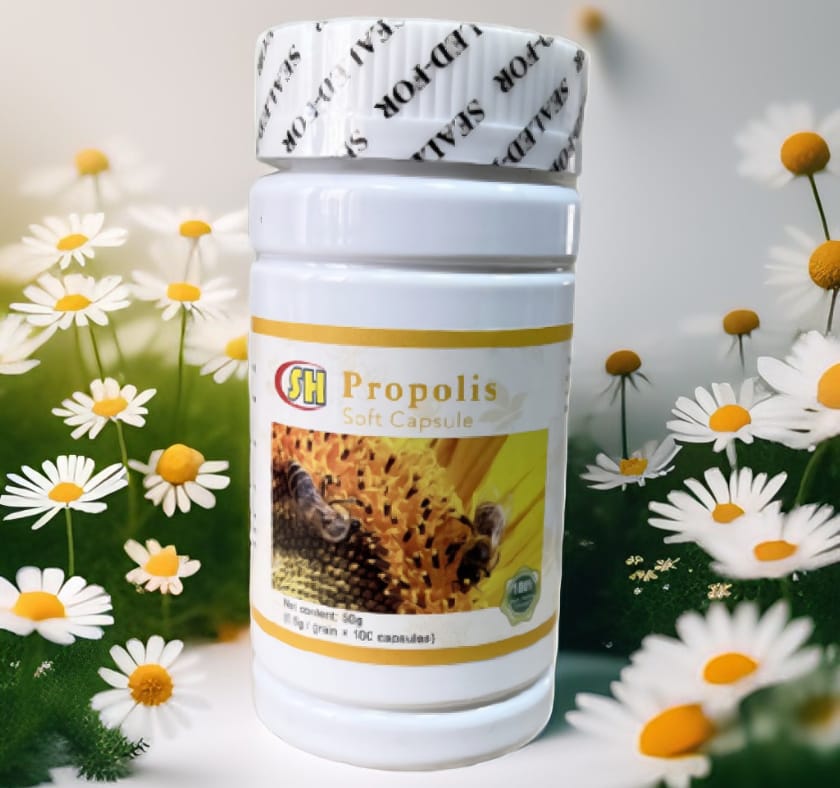
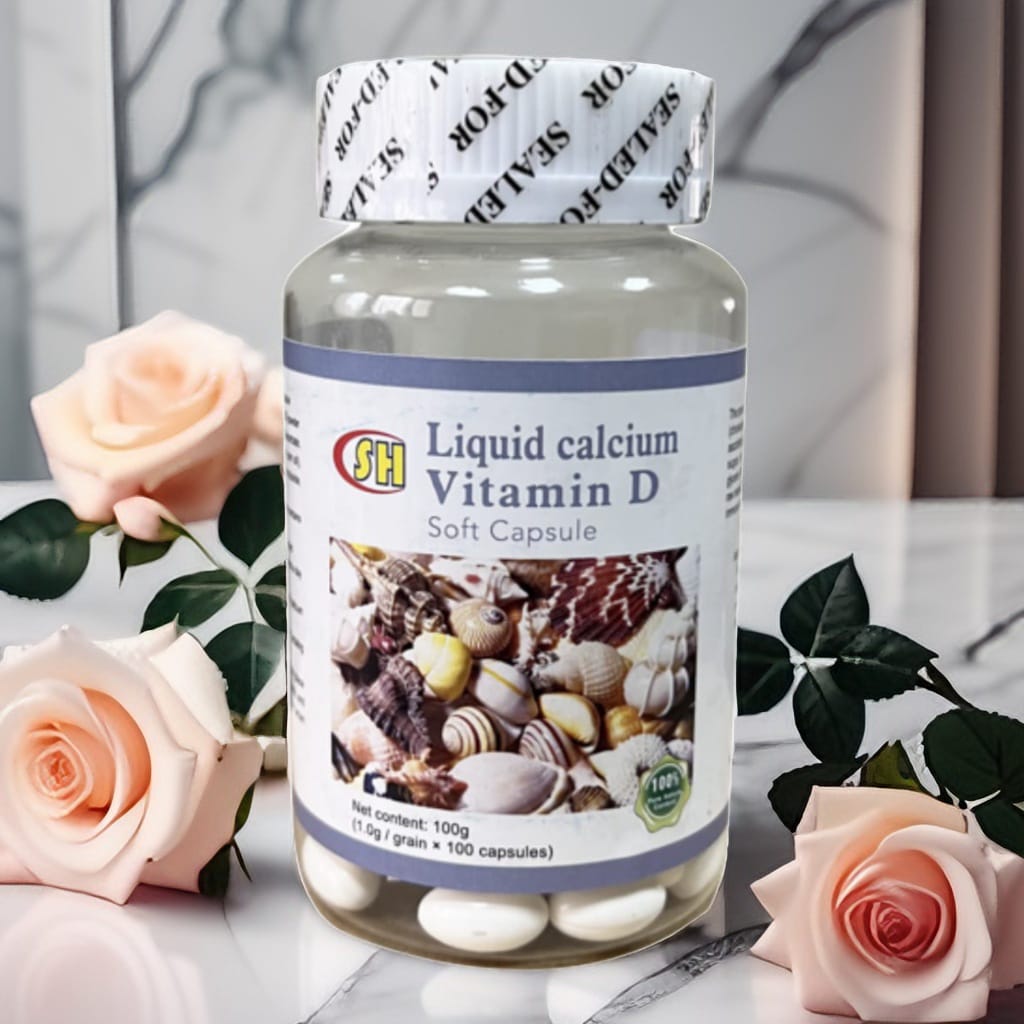
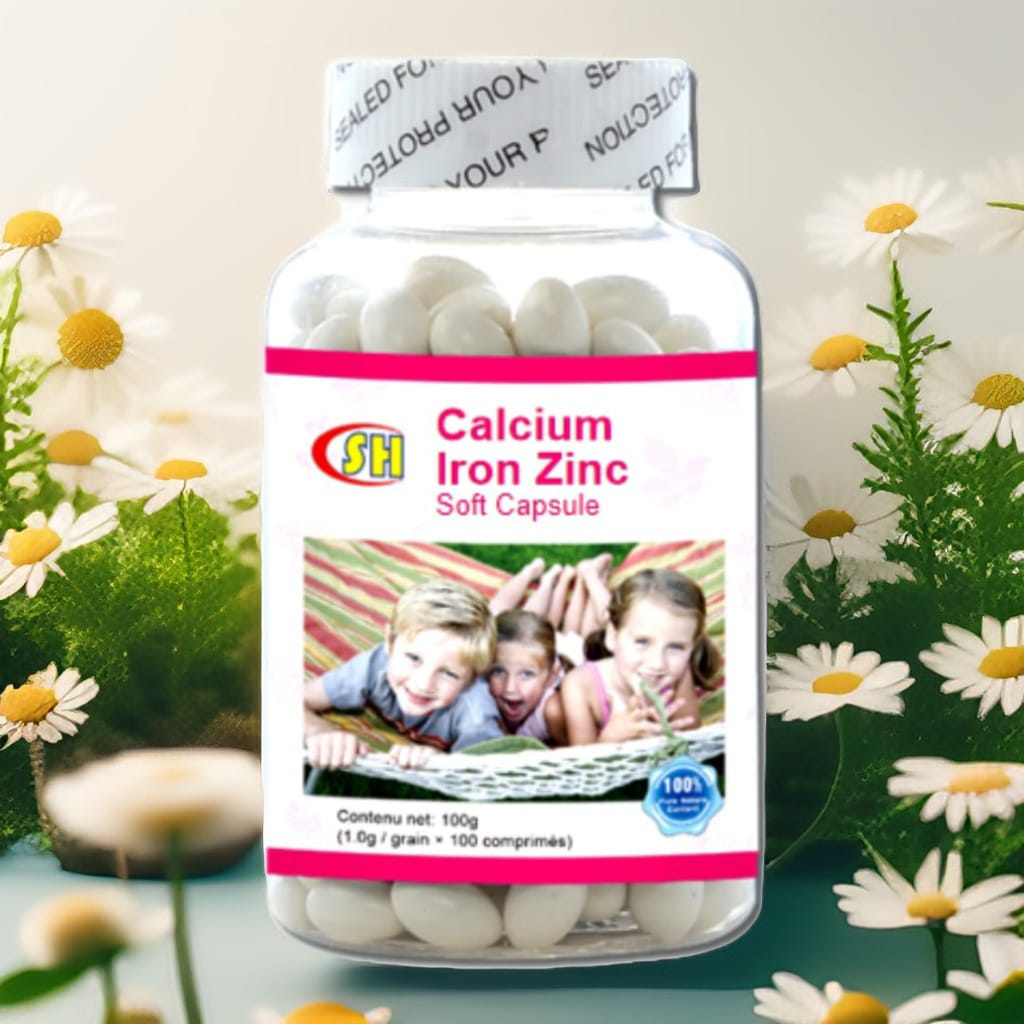
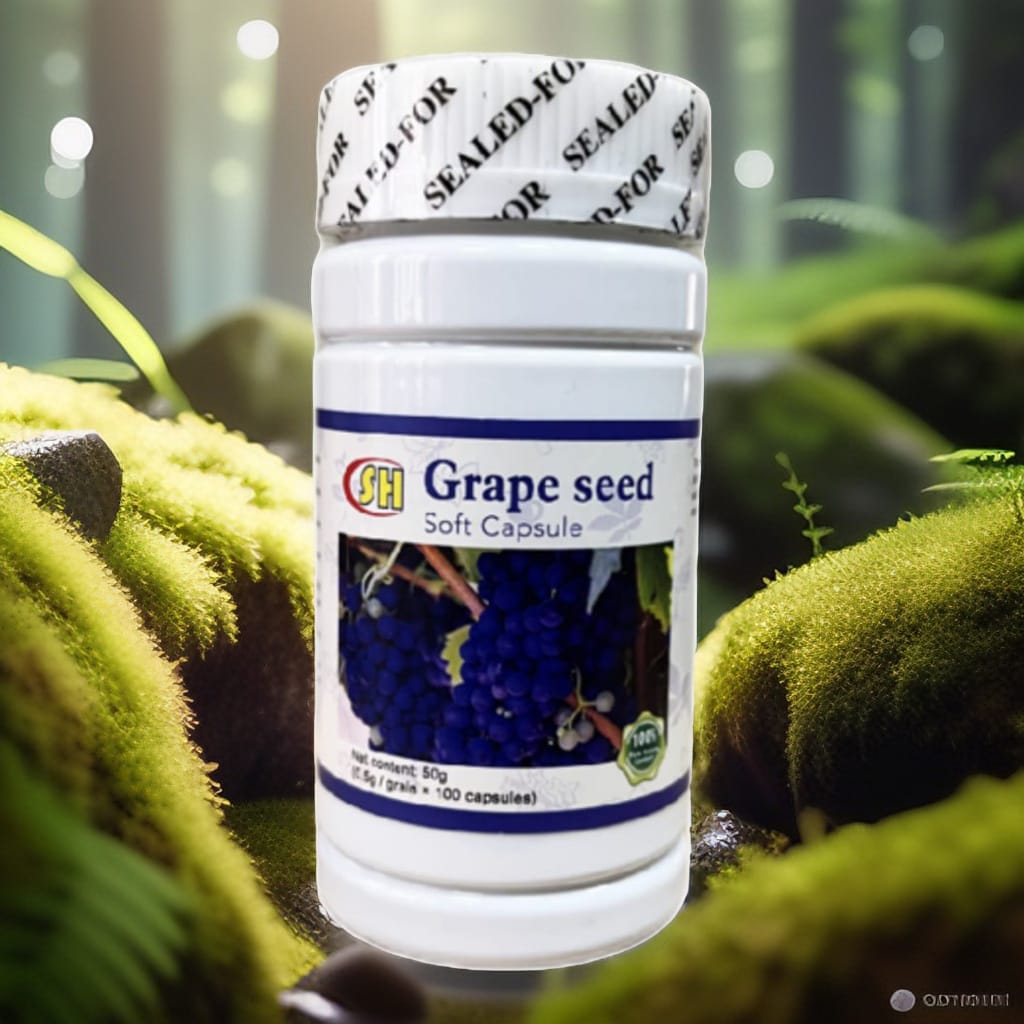

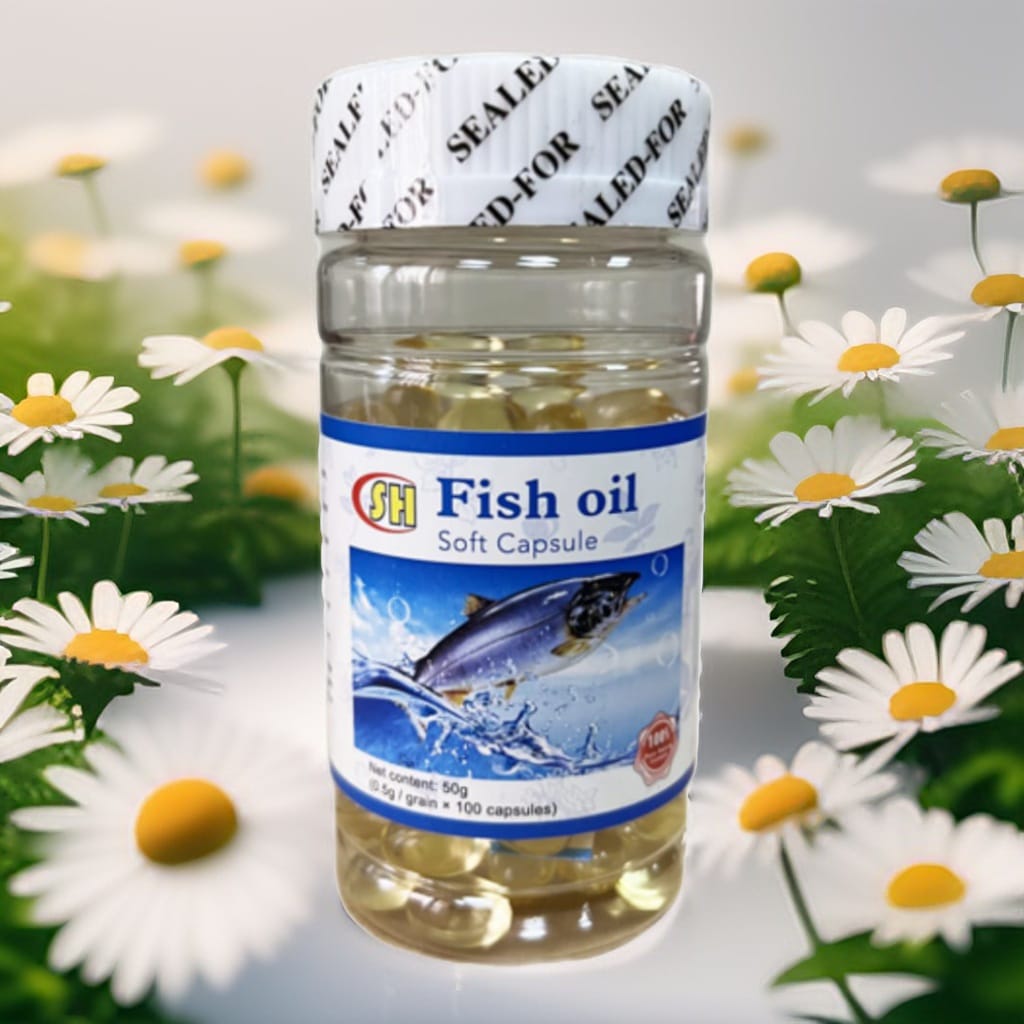

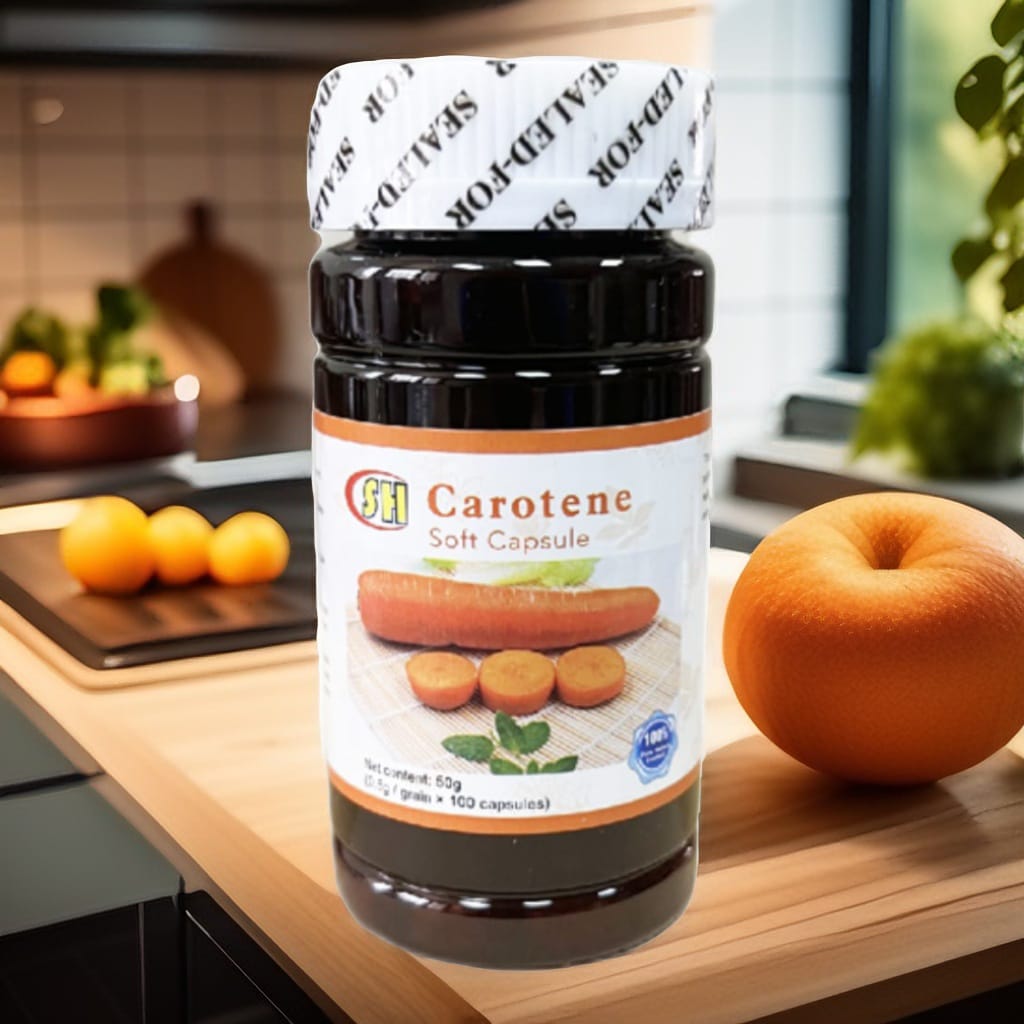
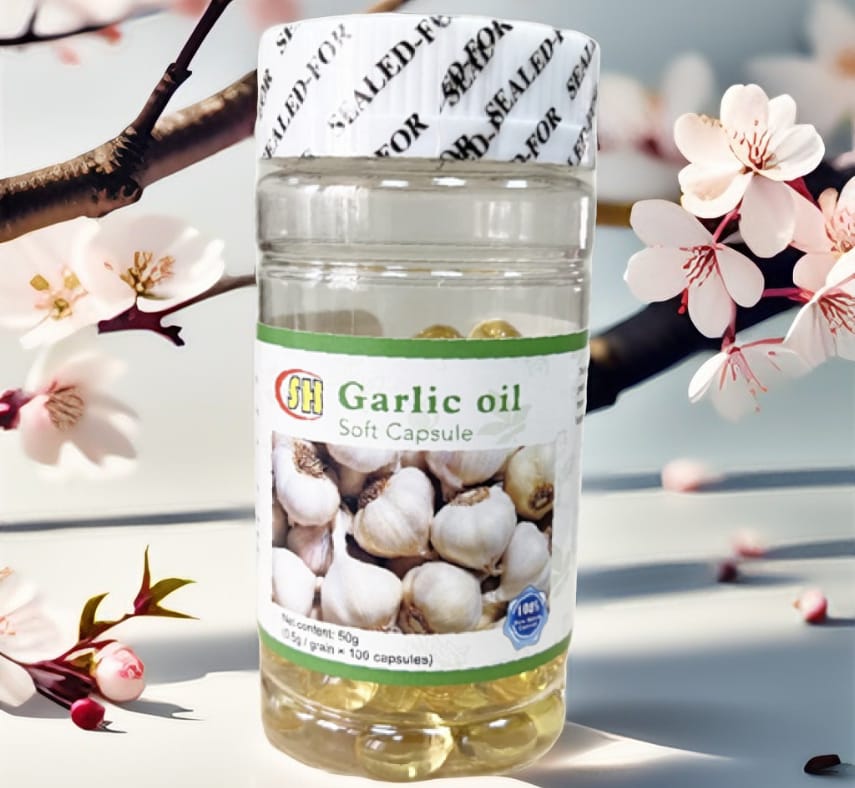
There are no reviews yet.